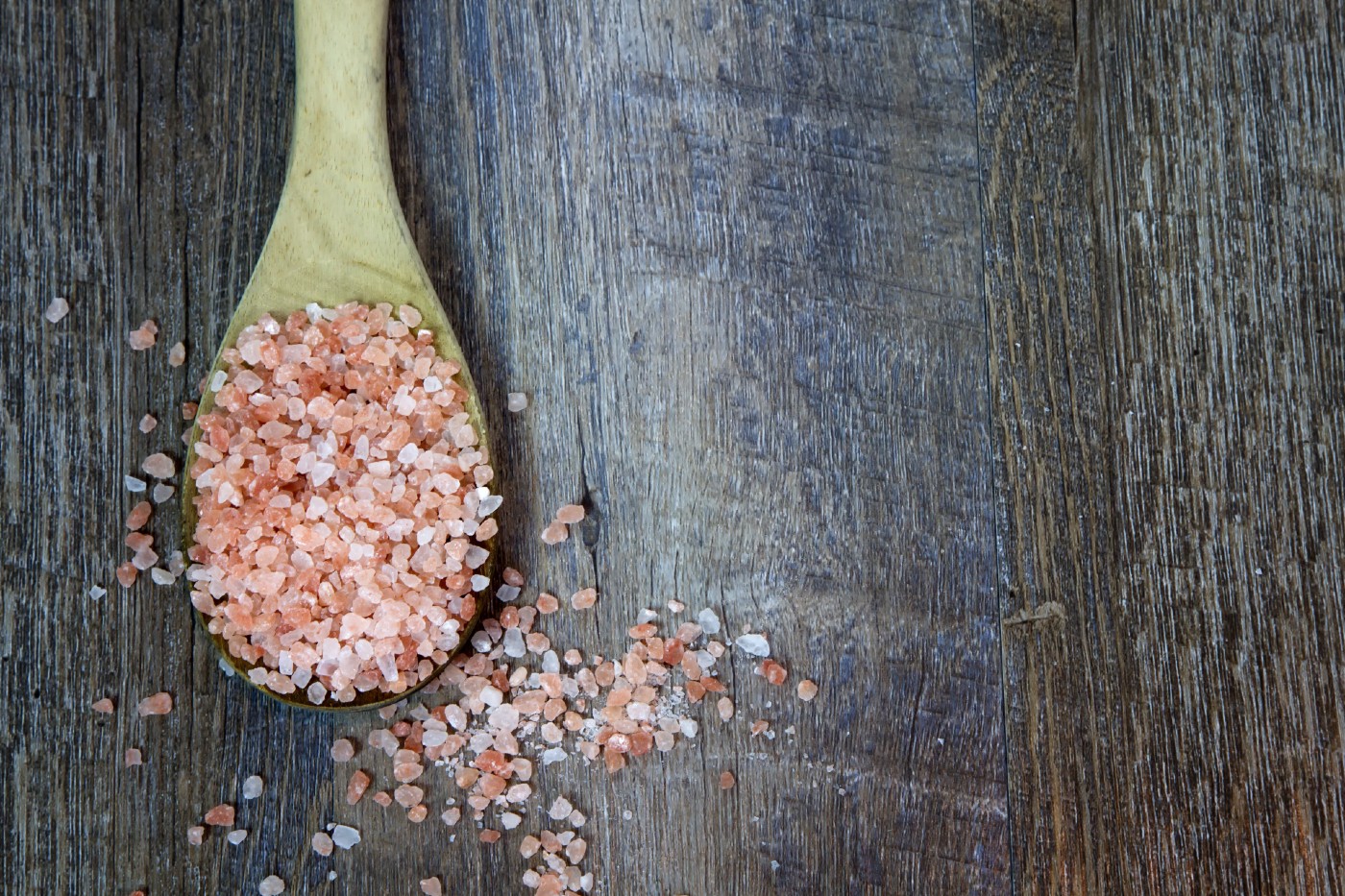The age-old adage of “you are what you eat” is told to us time and again, especially when we’re scarfing down cake or ice cream. Predictably, the same can be said for your dog.
As a natural carnivore, your canine companion needs a balanced diet containing six key components: protein, fat, water, carbohydrates, vitamins, and lastly minerals, an often overlooked essential nutrient. Composed of two types — macro and trace — they help with the chemical reactions in your pup’s body, including building strong bones. There are believed to be more than 18 minerals essential to animals.
While both are necessary, in this article, we’ll take a deep dive into some of the main essential trace minerals for dogs, so you can determine the best diet for your beloved pet.
What are Trace Minerals?
Trace minerals, also known as micro minerals, are vital minerals that every animal must get from their food or supplements, as they are crucial to health and development. They’re referred to as “trace” minerals because only very small amounts are required. (On the other hand, a body requires large amounts of macro minerals to thrive.)
Trace minerals work in junction with macro minerals, such as calcium and sodium, to keep your dog in tip-top shape. Trace minerals in dog food provide a myriad of health benefits, including boosting the immune system, supporting healthy bone growth, preventing cancer and premature aging, and aiding in skin and fur health.
Five Common Trace Mineral Your Dog Needs
While your dog needs a number of trace minerals, we are going to focus on five popular ones: copper, iron, manganese, selenium, and zinc.
Copper: an essential trace mineral that your dog needs for proper red blood cell function, normal pigmentation of skin and hair, skeletal system formation, connective tissue construction, and enzymatic function, according to National Research Council.
Iron: Dogs need iron for proper circulatory, metabolism, and enzymatic function.
Manganese: Not as well-known as iron or copper, manganese is still a critical trace mineral for your dog. This micro mineral helps your pup’s body properly absorb and digest proteins and carbohydrates. Manganese is also important for healthy enzyme function, bone development, and brain function.
Selenium: Selenium plays an important role in your dog’s immune response and helps fight back against oxidative damage and free radicals.
Zinc: Zinc is the second most used trace mineral in your pet’s body. A powerful antioxidant, zinc aids in your dog’s metabolic processes, cell replication, skin function, aids in healing wounds and injuries.
The Threat of Mineral Deficiency in Dogs
Trace mineral deficiency means that your dog isn’t getting the proper amounts of micro minerals he needs to stay healthy. Without sufficient amounts of trace minerals in your dog’s daily diet, he could suffer from the following, according to the National Research Council.
- Copper deficiency: Skeletal deformities, change in hair pigmentation, and anemia
- Iron deficiency: Anemia, tiredness, pale gums, diarrhea, and poor growth
- Manganese deficiency: Rare and tends to happen in puppies, it can cause poor growth, reproduction difficulties or inabilities, ataxia, and abnormalities in skeletal development.
- Selenium deficiency: Breathing problems, muscular degeneration, depression, abnormalities of the heart muscle, and anorexia
- Zinc deficiency: Skin lesions, trouble gaining weight, vomiting, and seizures
If you think your dog is deficient in trace minerals or exhibiting any of the above conditions and symptoms, visit your vet.
Best Sources of Trace Minerals for Dogs
The best source of trace minerals for your dog will come from his food. However, your pet’s nutritional needs will vary depending upon his age, size, and activity level. For instance, a teething puppy has different nutritional requirements than a senior dog. Always consult with your vet about the right dog food for your pet’s unique dietary needs.
In addition to the right kibble, you can add a variety of dog-friendly human foods to your pup’s diet to provide him with efficient amounts of trace minerals. These can include:
- For copper: Beef liver, barley, clams, pumpkin seeds, flaxseed, and coconut
- For iron: Organ meat, sardines, lamb, beef, and salmon
- For manganese: Leafy greens, whole grains, eggs, nuts
- For selenium: Fish, poultry, whole grains
- Zinc: Chicken, eggs, lamb, beef, fish
What About Trace Mineral Supplements?
In addition to dog-safe people foods, dog supplements can be a great source of trace minerals for some pets. Dogs that benefit the most from mineral supplements are ones that have been diagnosed by a vet to have a mineral or vitamin deficiency, are eating a diet without enough trace minerals or lacking in certain ones, or a disease that responds to supplementation. For instance, vitamin E dog supplements can help with osteoarthritis.
You should always talk to your vet before putting your dog on mineral supplements to ensure safety.
Trace Mineral Poisoning in Dogs: Too Much of a Good Thing
Though trace minerals are vital for your dog’s body, overexposure to them could be deadly. Trace mineral poisoning can happen if your dog consumes too much of one type of trace mineral over a long period of time. Not only can certain foods cause an overdose, but houseplants and household products can also cause mineral poisoning in dogs.
Symptoms of trace mineral poisoning can include vomiting and diarrhea, loss of appetite, seizures, shock, lethargy, muscle tremors, rapid heart rate, and even death.
If your dog is exhibiting any signs of mineral poisoning, seek veterinary attention immediately.
Trace mineral needs will vary from dog to dog. Before adding supplements or new foods to your dog’s diet, talk to your vet. They can properly assess what minerals your pet needs to best support his health conditions, weight, and age.






















